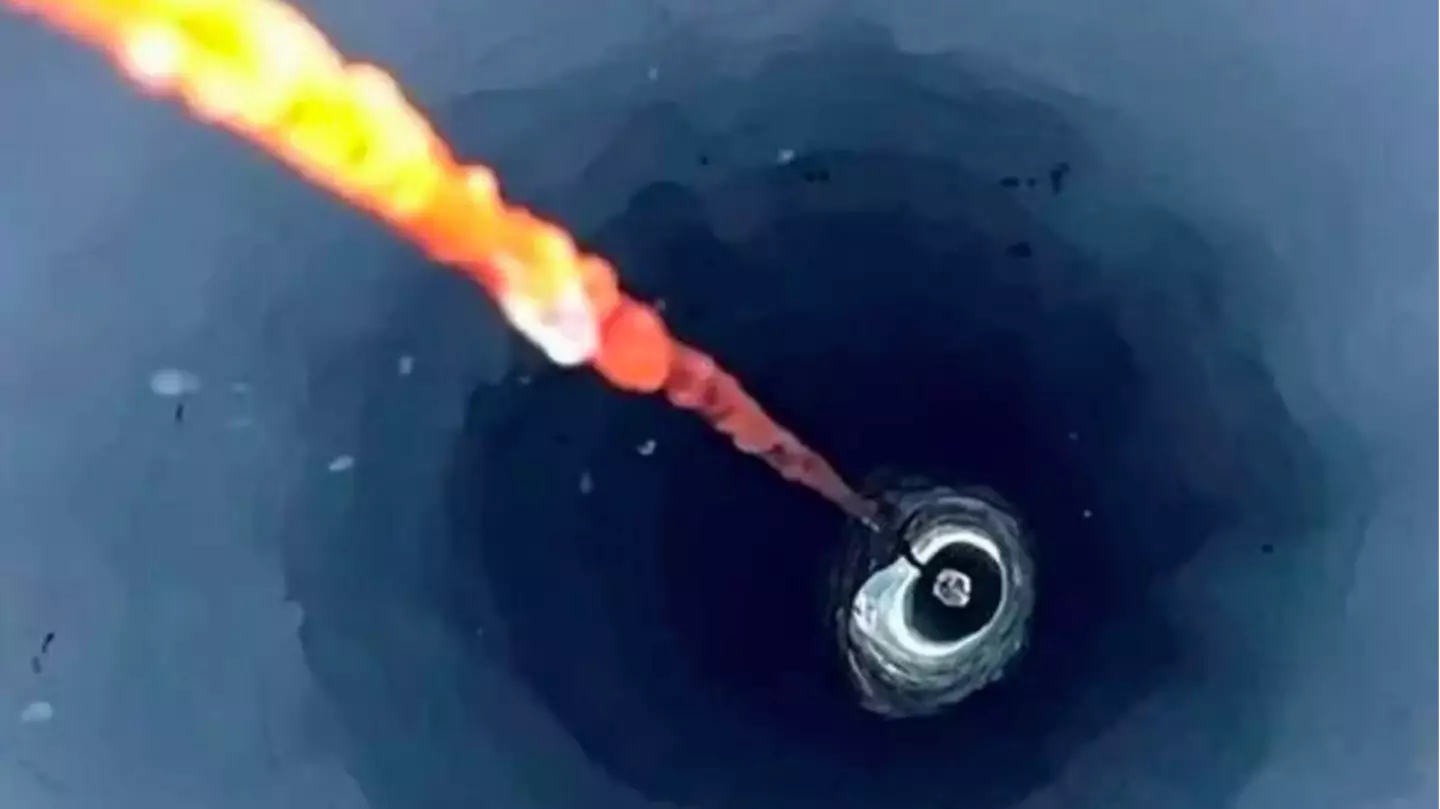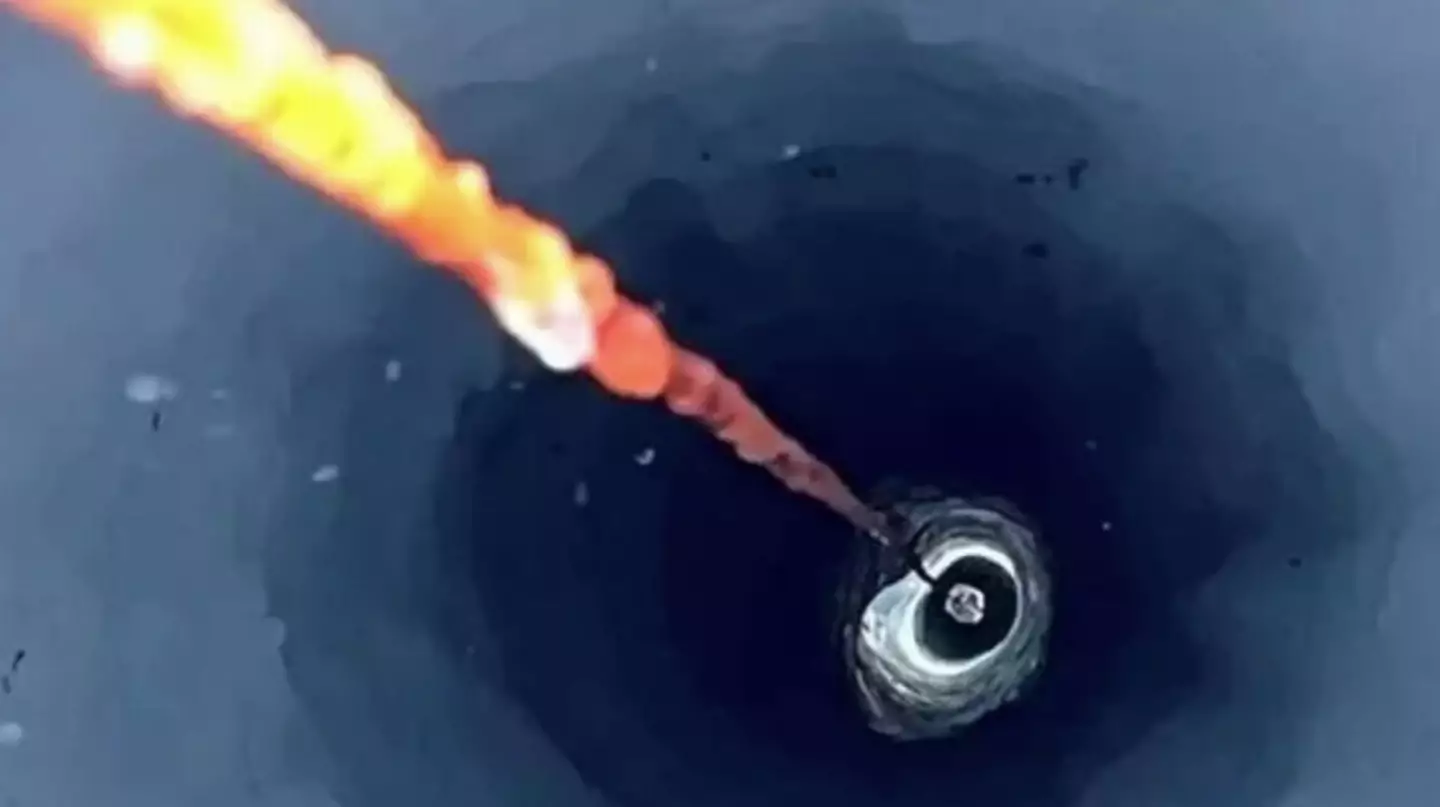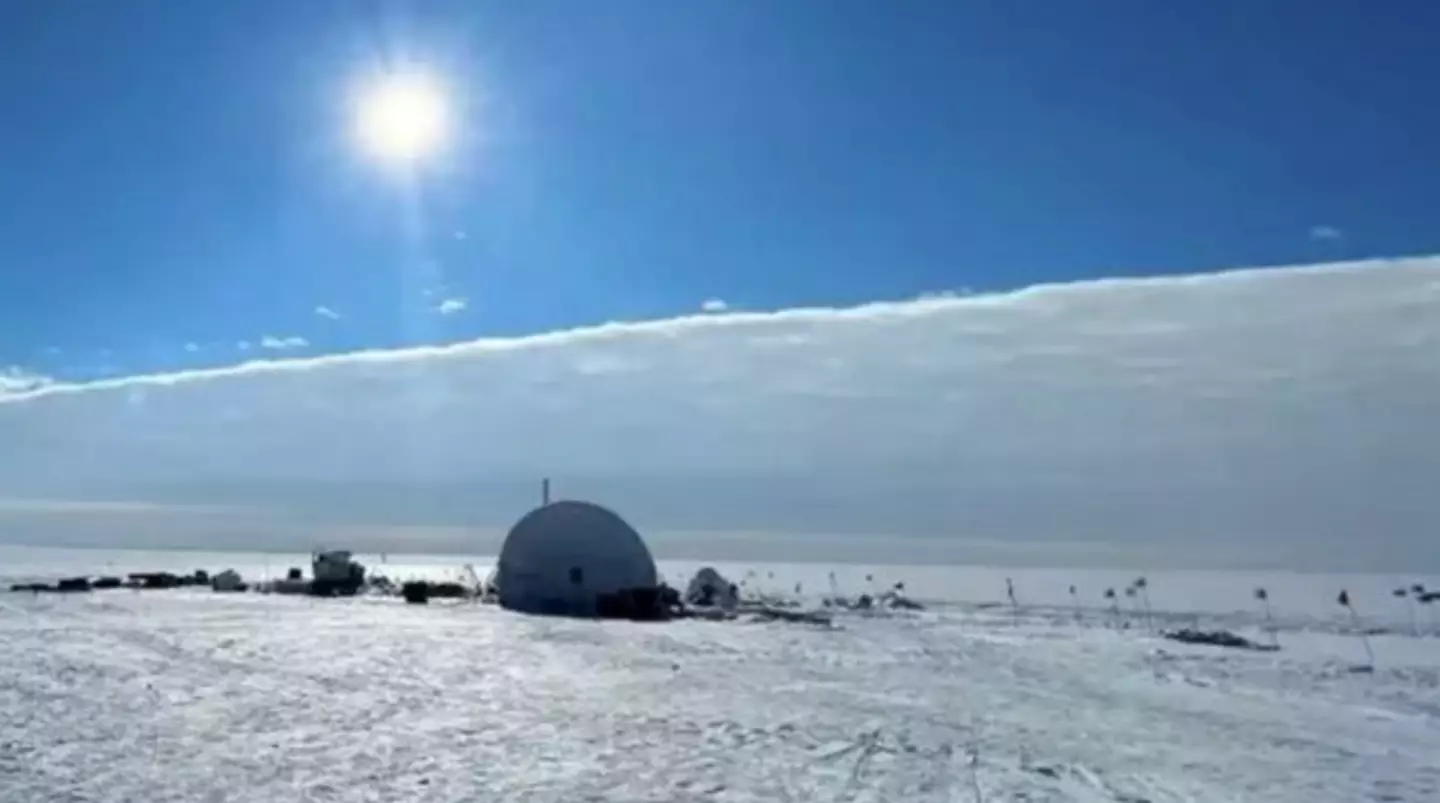
Antarctic researchers have discovered a ‘hidden world’ of aquatic life 500m below the ice.
The ‘vast, cathedral-like cavern’ contains swarming shrimp creatures, and the ecosystem has excited the scientists who drilled down through the ice shelf.
The project’s lead scientist, Huw Horgan, gushed: “Getting to observe and sample this river was like being the first to enter a hidden world.”
Advert

A team of New Zealand researchers made the discovery while carrying out a study on the impact of global warming, The Mirror reports.
They had been carrying out research beneath the Ross ice shelf – the largest in Antarctica – when cameras picked up tiny organisms called amphipods, which come from the same family as crabs and lobsters.
Craig Stevens, a National Institute of Water and Atmospherics (Niwa) researcher, said: “For a while, we thought something was wrong with the camera, but when the focus improved, we noticed a swarm of arthropods around 5mm in size.
Advert
“We’ve done experiments in other parts of the ice shelf and thought we had a handle on things, but this time big surprises were thrown up.”
Stevens added: “We were jumping up and down because having all those animals swimming around our equipment means that there’s clearly an important ecosystem there.”
Aside from Niwa scientists, researchers from New Zealand universities in Wellington, Auckland and Otago took part in the drill.
Hogan, who hails from Te Herenga Waka Victoria University of Wellington, was the first of the group to discover the estuary.
Advert

Hogan had noticed a grove in the ice while studying satellite imagery, and although scientists knew freshwater lakes and rivers lurked below the ice shelf, this is the first time they’ve been directly surveyed.
In a bid to learn more, researchers have left equipment inside the river so the estuary’s behaviour can be studied.
News of Hogan and co’s discovery comes the same day it was revealed that for the first time ever, microplastics have been found in freshly fallen snow on the continent.
Advert
According to The Guardian, this could not only accelerate snow and ice melting, but also threaten Antarctica’s ecosystem.
The research, published in The Cryosphere, was conducted by Alex Aves, a University of Canterbury PhD student, and Dr Laura Revel, who supervised the project.
Aves said: “It’s incredibly sad but finding microplastics in fresh Antarctic snow highlights the extent of plastic pollution into even the most remote regions of the world.”
If you have a story you want to tell, send it to UNILAD via [email protected]
Topics: Science